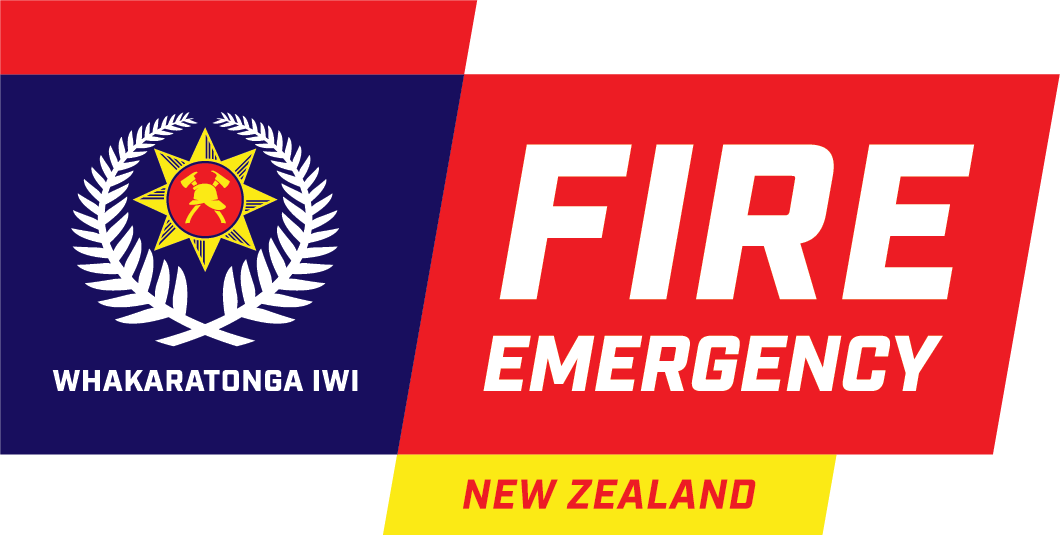Outcome of engagement on COVID-19 high-risk activities
Background
On 10 June 2022 Fire and Emergency released a finalised Risk Assessment for roles currently covered by the COVID-19 Public Health Response (Vaccinations) Order 2021 (the Health Order).
The risk assessment concluded that when undertaking certain activities (classified as ‘high-risk activities) where PPE is not required, the risk of catching and transmitting COVID-19 is higher than when not at work.
Under the risk assessment, high-risk activities are non-emergency situations where PPE is not worn, and our personnel are engaging with people that are less likely to be vaccinated or are at greater risk of severe illness should they contract COVID-19.
We proposed a consistent approach to be adopted and utilised across the Regions for the roles currently covered by the Health Order. This was to ensure the same activities are considered high-risk, no matter where in the country they are undertaken. To this end, the Mandatory Vaccination Project Team developed a list of activities believed to be high-risk in this context.
On 30 June 2022, we engaged with Fire and Emergency personnel who were, at that time, covered by the Health Order about:
- whether the list of high-risk activities was accurate
- our process for managing people who are not fully vaccinated but required to undertake high-risk activities as part of their role.
All our personnel currently covered by the Health Order, together with their unions and associations, were invited to provide feedback on the contents of the engagement document by 5pm on 4 July 2022.
Summary of decision
After carefully considering all the feedback received, Fire and Emergency has decided to adopt the requirement that when a role requires a non-emergency “high-risk” activity to be carried out and the person in that role is unvaccinated, that person must obtain a negative result from a COVID-19 test on the day of the visit and prior to the visit taking place.
The definition of “high-risk” activities (as modified below) are non-emergency visits, without use of emergency response PPE, to the following places:
- marae
- early childhood education facilities and any school that has children under 12
- hospitals and healthcare facilities
- aged care facilities
- homes where it has been confirmed that someone will be present who is at greater risk of COVID-19 or is less likely to be vaccinated. This includes:
- People with compromised immunity
- People with “high-risk” medical conditions
- Older people (over the age of 70)
- People in aged care facilities
- People who are pregnant and newborn babies
- People with a disability
- People with mental health conditions and addictions
- People of Māori and Pacific ethnicity
- People who smoke
Vaccinated personnel do not need to test for COVID-19 before undertaking these high-risk activities. Further, no unvaccinated personnel will be compelled to take a test – if they do not wish to test, they can opt not to take part in the high-risk activity, for example by staying in the truck during a visit.
Read the full decision document [PDF, 762 KB]
Last modified:
